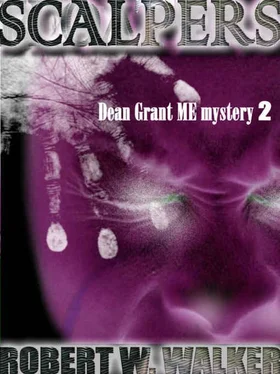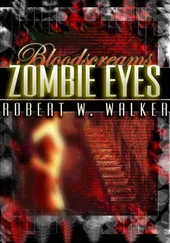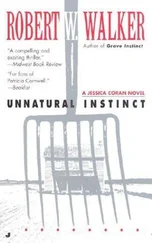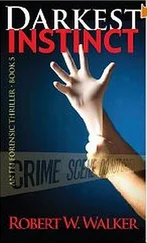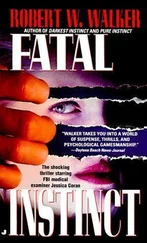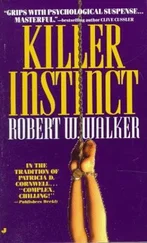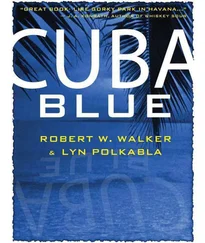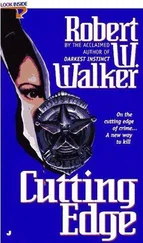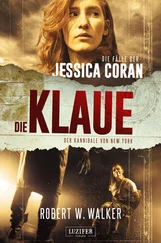The Orlando papers in particular had made much of the fact that he, like Sid, had been wounded in the struggle with Ian and Van Bennimen. His arm was still in a sling, in fact, and stiff as a board. Dean had been designated by the press as the man who had masterminded Hamel's downfall. His photograph, exhibited alongside an array of scalps which some enterprising photographer had arranged in a montage of bad taste, blared it to the world: Dean Grant, Chicago Medical Examiner, Scalps Hair-Raising Duo.
"I tell you, I never posed for that damned picture!” he'd had to shout at Ken Kelso, who was showing it around in the lab on his return.
The stories were picked up by every major network and news agency in the country, and some overseas. Dean's reputation as one of the nation's top M.E.'s was given solidity as a result, yet Dean felt himself a failure. If he'd been smarter, sharper—if he'd read the signs—he might have put Hamel out of business sooner—and much more neatly. Maybe Dyer'd be alive, and maybe even Park as well, the unsung hero, the man to whom Dean pointed again and again as being the bull terrier in all this. But news agencies thrived on live heroes, men who walk away from the wreckage. Survivors.
Dean had even gotten that raise he deserved, along with more funds for the lab, a promise of an additional M.E. position to be filled before spring, and monies earmarked specifically to combat serial killers nationwide, monies that would go into a computer network that might avert unnecessary death via matchups on pattern killings before such evil struck again. This business of relying on clues via the brutal work of the killer himself—it simply had to go. There was no place for it in a modern program.
Regardless of it all, however, Dr. Dean Grant did not feel the hero. In fact, he hadn't ever felt the hero. Heroes were supposed to know when and if they'd beaten down a foe, destroyed an enemy, snuffed out a dragon, cut down an evil knight. And while the papers went with the official notification that both the Bennimin brothers were dead and could therefore be of no threat to anyone again, Dean knew nothing of the kind. All that was certain, he knew, was that tomorrow, or the next day, he'd be face-to-face again with some tormented and ugly form of humanity, some horror of the worst kind, another human monster like the dwarf and his equally twisted brother, Dr. Benjamin Ian Hamel.
It was three in the morning when Dean finally shut the taxidermy text. There was no date of publication, it was probably worth a small fortune to some collector somewhere. It had probably been found by the dwarf in that Montana basement years ago, in the wall or below the floor, cherished by him and Hamel as their bible. It was filled with lurid and wrongful notions of anatomy and physiology, with an occasional flight into the metaphysical. The whole thing was an esoteric diatribe, intended only for a select group, a master taxidermist putting down his thoughts—often far afield of taxidermy and leather curing—for a small group of adherents.
It made a mockery of the old saying, “Believe in something, or you'll believe in anything...."
And with that thought Dean, his wife molding her body close to his, went to sleep, forcing his mind to free itself of the horrors of his work and this life.
Visit www.Fictionwise.com for information on additional titles by this and other authors.
